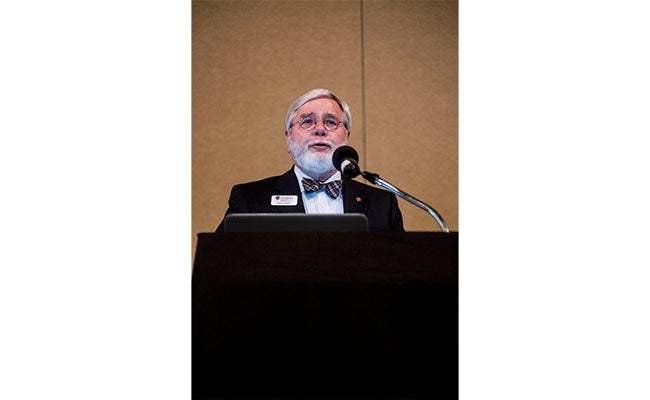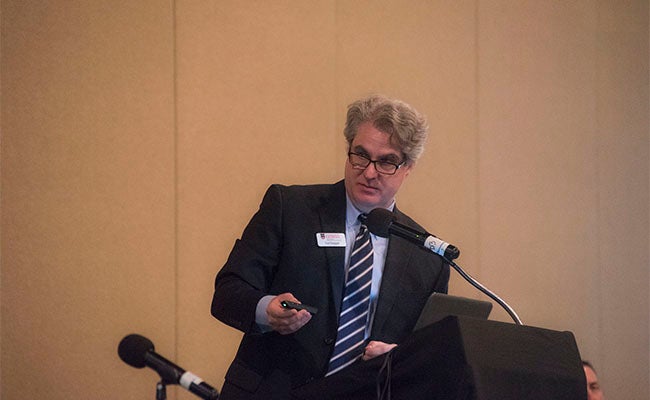Experts speak about consolidation at public forum Tuesday
Published 12:17 am Wednesday, May 22, 2019
NATCHEZ — Some 200 people turned out Tuesday night at the Natchez Convention Center for a forum on options for consolidation of governmental services.
The forum was the second installment of a series of two public forums on efficiency in government conducted by the Stennis Institute of Government at Mississippi State University.
Tuesday’s forum featured David Parrish and Joe Fratesi, and Assistant Research Professor Joseph “Dallas” Breen, Ph.D. of the Stennis Institute.
Harry Hayes and Ted Baggett, both experts from the Carl Vinson Institute of Government at the University of Georgia, both joined the Stennis Institute Tuesday to discuss consolidation of public services between cities and counties.
The full consolidation of counties and cities exists in some parts of Georgia, Louisiana, Tennessee, Virginia and Alaska but not in Mississippi, organizers said.
We were addressed by the city and the community and asked to provide experts on consolidation of services,” Breen said. “Obviously, the state of Mississippi doesn’t have any because there are no set procedures for consolidation of services and consolidation of governments in the state, so we reached out to a group of like-minded organizations.”
Breen said the Vinson Institute associates were overwhelmingly recommended as the go-to for expertise on municipal consolidation of services and local government services delivery.
In his presentation, Hayes addressed three different types of consolidation efforts. Those included full government consolidation, which entails combining all of the services offered in both cities and counties and electing a new board to govern both; outsourcing through contracts, partnerships or creating volunteer groups to provide certain services; and functional consolidation, in which county and city governments form agreements to share specific services.
The first option, Hayes said, is the most rare because it requires support from both the city and county governments and a re-write of the city and county’s charter that would have to be approved by state legislation before it becomes effective.
With a functional consolidation effort, the governing bodies would first assess the services they provide, identify where any issues exist and determine the costs and benefits of consolidating those services, Baggett said.
Paul Benoist, the organizer of a local organization called OneBoard, asked if any instances existed where a city’s municipal government had been “consolidated by dissolution,” meaning the county would assume responsibility as the sole governing power for the city and county.
“We do have the dissolution of municipalities in Georgia,” Baggett said, “but they are different from the consolidation we’ve been talking about because in the scenario where the city’s charter goes away and the city ceases to exist … there would be no new charter. … It does happen that a city will give up its charter, but that usually only happens in small places with a population of about 500. … It’s typically a very rural area. … In full consolidation, we’re actually creating new cities that tend to be quite large.”
Here is a link to video of the Tuesday, May 21, forum.













